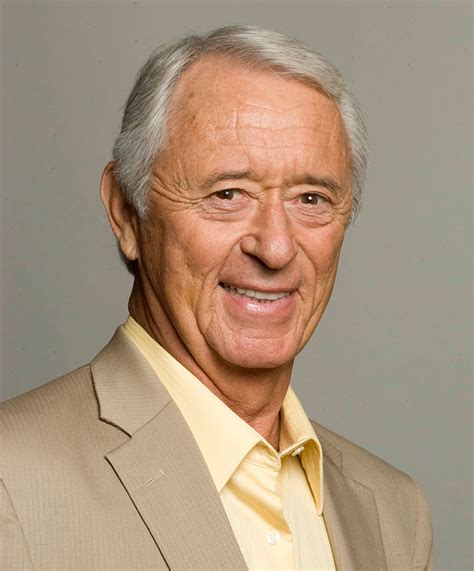A Quote by Tim Lott
Depression is about anger, it's about anxiety, it's about character and heredity. But it is also about something that is in its way quite unique. It is the illness of identity, it is the illness of those who do not know where they fit, who lose faith in the myths they have so painstakingly created for themselves. It is a plague - especially if you add in its various forms of expression, like alcoholism, anorexia, bulimia, drug addiction, compulsive behavior of one kind or another. They're all the same things: attempts to avoid disappearance, or nothingness, or chaos.
Quote Topics
About
Add
Addiction
Alcoholism
Also
Anger
Anorexia
Another
Anxiety
Attempts
Avoid
Behavior
Bulimia
Chaos
Character
Compulsive
Created
Depression
Disappearance
Drug
Drug Addict
Drug Addiction
Expression
Faith
Fit
Forms
Heredity
Identity
Illness
Kind
Know
Like
Lose
Myths
Nothingness
Plague
Quite
Same
Same Thing
Same Things
Something
Themselves
Things
Those
Unique
Various
Way
Related Quotes
Once and for all, people must understand that addiction is a disease. It’s critical if we’re going to effectively prevent and treat addiction. Accepting that addiction is an illness will transform our approach to public policy, research, insurance, and criminality; it will change how we feel about addicts, and how they feel about themselves. There’s another essential reason why we must understand that addiction is an illness and not just bad behavior: We punish bad behavior. We treat illness.
Often, when you're growing up, you don't know what's wrong. We don't talk openly enough about mental illness. How do you know - especially today with the incredibly high stress teens are put under during high school - if you have depression or if you have a mental illness or if you have anxiety? You don't know, because you've never seen it.
Another problem about writing about politics in the "age of globalization" is that so much of the violence in the form of war and also in the forms of institutional violence - sweatshops, child labor, victimization of people economically - happens elsewhere and out of sight. And when we do know about it and need to witness it, it's always mediated by images of one kind or another, so you're kind of stuck trying to write about what it's like trying to be you living your life thinking about and experiencing this stuff in that way.
I want my music to be something that people use in order to access parts of themselves. So in that sense, every piece I write is about all emotions at once, about the lines in between. It's never only about one thing or another. It's emotionally getting at those things that we can't really describe - things for which we don't have labels. So yes, it's about something, and it has a use. It's neither about nothing nor about something concrete - it's about what you bring to it as a listener.
Like Sylvia Plath, Natalie Jeanne Champagne invites you so close to the pain and agony of her life of mental illness and addiction, which leaves you gasping from shock and laughing moments later: this is both the beauty and unique nature of her storytelling. With brilliance and courage, the author's brave and candid chronicle travels where no other memoir about mental illness and addiction has gone before. The Third Sunrise is an incredible triumph and Natalie Jeanne Champagne is without a doubt the most important new voice in this genre.
You cannot “catch” anything unless you think you can, and thinking you can is inviting it to you with your thought. You are also inviting illness if you are listening to people talking about their illness. As you listen, you are giving all your thought and focus to illness, and when you give all of your thought to something, you are asking for it.
A "snapshot" feature in USA Today listed the five greatest concerns parents and teachers had about children in the '50s: talking out of turn, chewing gum in class, doing homework, stepping out of line, cleaning their rooms. Then it listed the five top concerns of parents today: drug addiction, teenage pregnancy, suicide and homicide, gang violence, anorexia and bulimia. We can also add AIDS, poverty, and homelessness. . . . Between my own childhood and the advent of my motherhood--one short generation--the culture had gone completely mad.
It's not about superheroes. This is the method of universal storytelling that all people have... To me, they're the same as the Greek myths or the Roman myths or religious figures of every religion. These are common characters that we use to express stories about being a better person or what you would do when faced with various things.



































